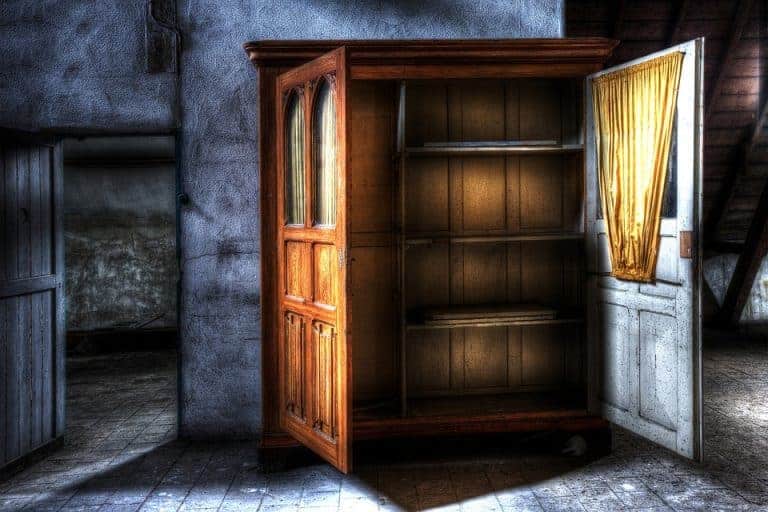 I should start by saying, I totally get it. When comfortable white liberals say that Trump voters are not welcome in their homes, or issue self-righteous screeds about how their outrage isn’t about politics—and perhaps especially when dudes who remind me of me in a lot of important ways demand the right to insist other people unfriend them—it’s a struggle for me not to nod my head and click “Like” and jump on the head-in-the-sand, I-don’t-want-to-deal-with-you bandwagon. It would be easier for me to make it through the day smiling and feeling good about myself if I could just remove all of the “Red Feed” folks from my friends list and see nothing but news I agree with.
I should start by saying, I totally get it. When comfortable white liberals say that Trump voters are not welcome in their homes, or issue self-righteous screeds about how their outrage isn’t about politics—and perhaps especially when dudes who remind me of me in a lot of important ways demand the right to insist other people unfriend them—it’s a struggle for me not to nod my head and click “Like” and jump on the head-in-the-sand, I-don’t-want-to-deal-with-you bandwagon. It would be easier for me to make it through the day smiling and feeling good about myself if I could just remove all of the “Red Feed” folks from my friends list and see nothing but news I agree with.
Except that’s (at least partially) what got us into this mess to begin with.
I’ve written before about my recognition, during my coming-out process, that as a white, US-native, able-bodied, mainline-Christian-turned-Unitarian-Universalist, upper-middle-class cis male, the “gay card” is really the only strike against me in the Privilege lottery. I am—like most of the people I encounter in my small-town central-Pennsylvania daily routine—not accustomed to discomfort. If I’m hungry, I eat. If I’m cold, I turn up the thermostat. If I’m lonely, I connect to the WiFi and see who’s online. And if I see an opinion I disagree with… I shoot it down. (Not always gently, I’m not proud to say.)
But in the back of my mind, I keep thinking about the note I received from an evangelical Christian friend shortly after I came out publicly at a concert in college (which is another story for another time). “David,” she said, “I’ve always thought of gay people as dangerous perverts, as something to be afraid of and to fight against. But now, knowing you’re gay… I know you, and that’s not who you are. If you’re gay, then what I was taught was wrong. And I’d like to apologize, if you’ll let me buy you a coffee.”
So here’s where I am now: I don’t believe “unfriending” is the solution. I don’t believe sheltering ourselves from opinions we disagree with serves the common good. I don’t believe my comfort is more important than the positive change I can achieve from participating in healthy dialogue. And, most importantly, I don’t even pretend to believe that the answers I have are all the “right” ones. I find it as rewarding to realize I’ve allowed honest engagement with other views to change my thinking, as I do when it works the other way around—when I emerge from a conversation feeling like I’ve planted a new seed in someone else’s mind.
I stepped out of one kind of closet more than 20 years ago. I remember how cozy it was in there, never having to explain myself or apologize for offending people or wonder whether folks were judging me for touching my husband’s shoulder in public. I appreciate every day that Mark and I share a nice introverted home in a lot outside of town, that serves as a retreat from society, a place of safety and rejuvenation. And yes, sometimes I joke about staying here and ordering delivery for the next four years, as a kind of “vacation from reality.”
But there’s work to be done. Conversations to have. Hearts to connect with. Minds to change. And for those of us who have the ability to do these things, a closet is no place to hang out.
